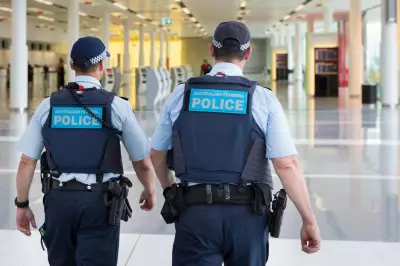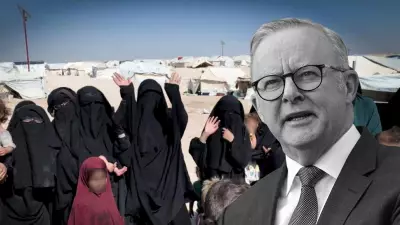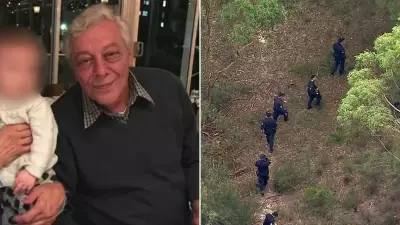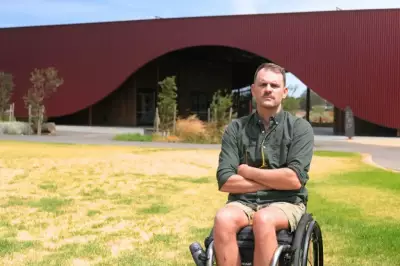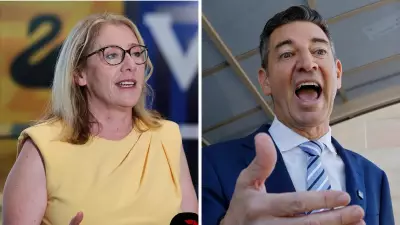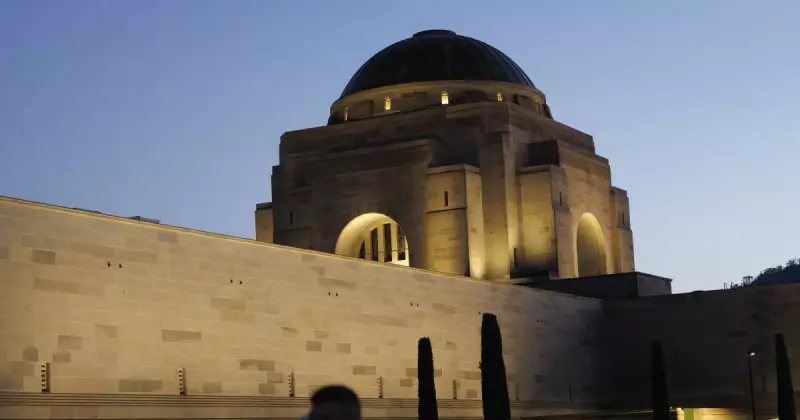
New Council Members Bring Diverse Expertise
The Australian War Memorial's governing council has welcomed three new members who Veterans' Affairs Minister Matt Keogh says will bring fresh, broader perspectives to the national institution. The appointments come at a crucial time as the memorial navigates ongoing discussions about how to recognise the Frontier Wars in its displays.
Minister Keogh announced the new council members on November 8, 2025, ending speculation about who would replace outgoing members including former Prime Minister Tony Abbott. The new appointments include a former SAS soldier turned politician, a senior arts manager, and a retired Army officer with extensive leadership experience.
Meet the New Council Members
Peter Tinley brings a unique combination of military and political experience to the council. The former SAS soldier served 17 years with the Special Air Services Regiment during his 25-year Defence Force career. Following his military service, Tinley spent more than a decade in Western Australian politics as a Labor member of parliament and served as state minister for veterans' issues. He was recently elected national president of the RSL.
Wade Stothart, the newly appointed director of the Office of Australian War Graves, will join the council in a move designed to improve collaboration between the two commemorative institutions. Major General Stothart (Retd) brings over 30 years of experience in strategic leadership and complex program management within the Australian Defence Force, having retired as Head of Military Personnel in 2024.
Lesley Alway adds significant arts and cultural sector expertise to the council. As chair of the Geelong Arts Centre Trust and former managing director of Sotheby's Australia, Alway brings more than 30 years of experience. She has also served on the board of Opera Australia and as a member of the Australian Centre for Contemporary Arts.
Continuity and Change on Council
Alongside the new appointments, two existing council members have been reappointed for another three-year term. Former federal Labor leader Kim Beazley and Sharon Bown AM will provide continuity and retain corporate knowledge during the memorial's significant expansion project.
Minister Keogh acknowledged the contributions of outgoing members Tony Abbott, retired general Greg Melick, and Victoria Cross recipient Daniel Keighran, thanking them for their stewardship and tireless commitment.
Frontier Wars Recognition Remains Key Issue
The council refresh comes amid ongoing debate about how the memorial should recognise the Frontier Wars - the conflicts between British colonial forces and First Nations resisters that resulted in the deaths of between 20,000 and 100,000 Indigenous Australians between 1788 and at least 1928.
Both outgoing members Tony Abbott and Greg Melick had expressed scepticism about prominent displays on the Frontier Wars, with Melick previously stating the memorial wasn't the appropriate place to mark these conflicts.
However, council chair Kim Beazley has taken a different position. After his appointment in 2023, Beazley stated: "We do have to have a proper recognition of the frontier conflict." He proposed depicting what he called the "dignity of resistance" in a separate, substantial gallery.
The Honest History group, represented by David Stephens and Peter Stanley, has been critical of what they see as stalled progress on Frontier Wars recognition. They note that despite Beazley's promising start, divisions on the council have hampered advancement.
All new additions to the memorial, including revised displays related to the Frontier Wars, are scheduled for completion by 2028 as part of the institution's major expansion project.
Minister Keogh has previously emphasized the importance of frontier conflict recognition, stating in 2022 that raising awareness about these conflicts and their impact on First Nations people was a responsibility for all Australian cultural institutions.
The council refresh represents a significant moment for the Australian War Memorial as it balances its traditional commemorative role with evolving understandings of Australian military history and the ongoing process of national reconciliation.


